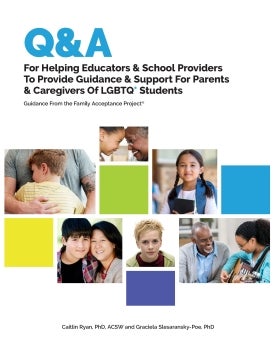
Q&A For Helping Educators & School Providers To Provide Guidance & Support For...
Provides background information for helping school professionals to engage and provide support for parents and caregivers with LGBTQ students.
The following resources on child trauma were developed by the NCTSN. To find a specific topic or resource, enter keywords in the search box, or filter by resource type, trauma type, language, or audience.

Provides background information for helping school professionals to engage and provide support for parents and caregivers with LGBTQ students.

Discusses what human trafficking is, signs a person might be experiencing trafficking, what to do when you think someone is being trafficked and more.
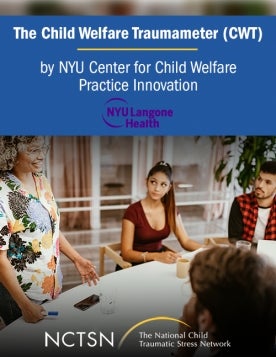
Is a collection of organizational assessment tools and processes, developed by the NYU Center for Child Welfare Practice Innovation, that supported the evaluation and implementation of trauma-informed practices within public and private agencies that provides child welfare services (e.g., child p
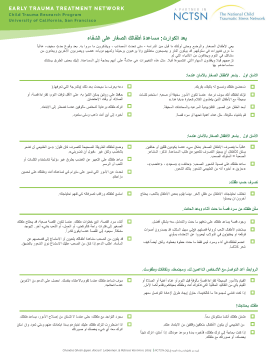
Offers tips to parents on how to help young children, toddlers, and preschoolers heal after a traumatic event. Translated 2023.
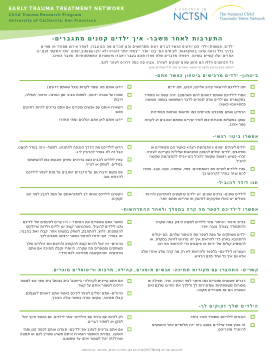
Offers tips to parents on how to help young children, toddlers, and preschoolers heal after a traumatic event. Translated 2023.

Describes how young children, school-age children, and adolescents react to traumatic events and offers suggestions on how parents and caregivers can help and support them. Translated 2023.

Offers information on coping after mass violence. This fact sheet provides common reactions children and families may be experiencing after a mass violence event, as well as what they can do to take care of themselves. Translated in 2023.

Offers information for teens about common reactions to mass violence, as well as tips for taking care of themselves and connecting with others. Translated in 2023.
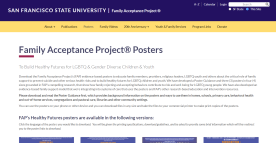
Download the Family Acceptance Project’s (FAP) evidence-based posters to educate family members, providers, religious leaders, LGBTQ youth and others about the critical role of family support to prevent suicide and other serious health risks...
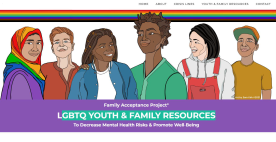
This website is a collaboration between the Family Acceptance Project® (FAP) and the Innovations Institute to increase family and community support for lesbian, gay, bisexual, transgender and queer-identified (LGBTQ) children and youth to decrease health and mental health risks and...
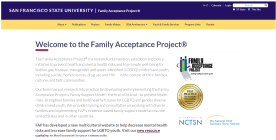
The Family Acceptance Project® is a research, intervention, education and policy initiative to prevent health and mental health risks and to promote well-being for lesbian, gay, bisexual, transgender and queer-identified (LGBTQ) children and youth, including...
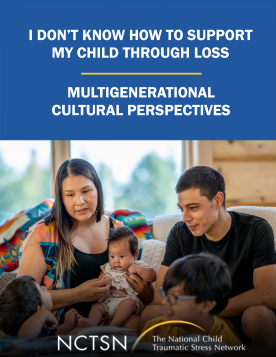
Includes information from providers and members of different Native Nations on how experiencing loss, especially the loss of elders, has impacted traditional ways of parenting in their communities.